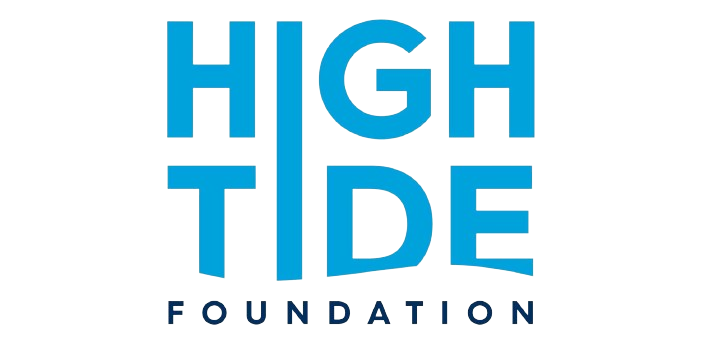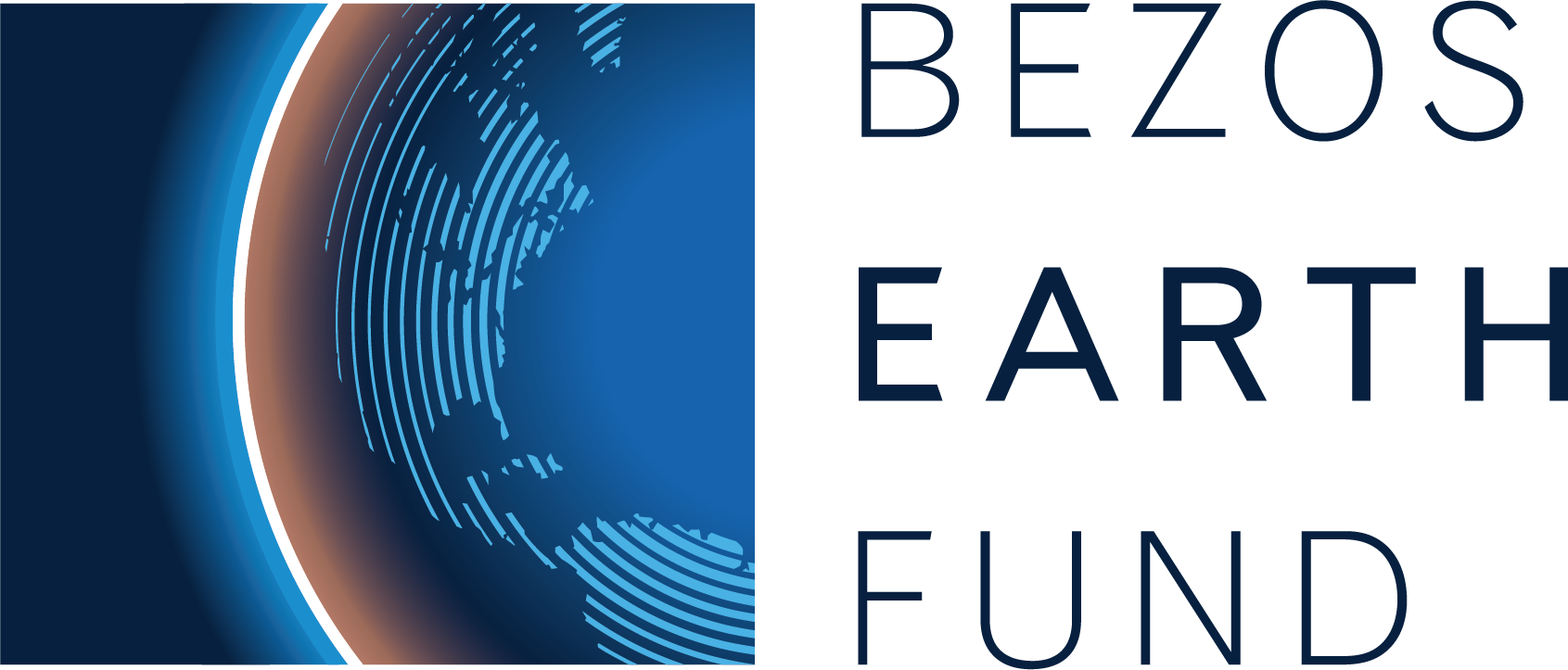Equity, Impact & Safeguards
CIWPs Advancing Equity, Safeguards, and Inclusive Benefits in Carbon Crediting
The Integrity Council seeks to deliver a voluntary carbon market (VCM) that promotes sustainable development, including ensuring that Indigenous Peoples and local communities are integrated as critical rights holders and partners.
However, the work required goes beyond inclusion. It also involves embedding social and environmental integrity into the core of the market, ensuring that sustainable development reporting and measurement are fully valued and not sidelined.
This means safeguarding both people and nature, with a commitment to ‘do no harm’ as a fundamental principle. It recognises that the benefits of sustainable development must extend to the most vulnerable and traditionally marginalised communities, while also protecting and enhancing ecosystems and biodiversity as a default expectation of carbon projects.
Indigenous Peoples and local communities manage and protect 40% of the planet’s ecologically intact landscape, making their inclusion in planning and implementing carbon projects essential for limiting global warming to 1.5°C.
By maintaining a continuous, iterative process of meaningful engagement, including ongoing Free, Prior and Informed Consent, we can ensure the VCM drives both environmental sustainability and meaningful social and economic development, delivering climate solutions that truly benefit people, planet and the rights and interests of Indigenous Peoples and local communities.

Sustainable Development Benefits and Safeguards (including Benefit Sharing)
The Integrity Council’s work on sustainable development benefits and safeguards aims to enhance innovation increased stringency in how these critical issues are addressed within the voluntary carbon market (VCM).
This work explores best practices and emerging standards to ensure that projects not only deliver climate benefits but also uphold high social and environmental integrity.
The discussions have focused on the following key areas:
- Environmental and Social Safeguards – Ensuring that projects respect human rights, promote fair labour conditions, prevent pollution, and support biodiversity conservation and the sustainable management of natural resources. This includes addressing issues such as land acquisition, involuntary resettlement, and cultural heritage protection.
- Benefit Sharing – Promoting more robust, transparent benefit-sharing mechanisms that ensure the fair distribution of financial and non-financial benefits to Indigenous Peoples, local communities and other stakeholders, in line with the principles of equity and social justice.
- Sustainable Development – Ensuring that all projects contribute meaningfully to broader sustainable development goals, including gender equality, stakeholder engagement, and the responsible use of natural resources.

Sustainable Development Benefits and Safeguards Report (October 2025)
The CIWP on Sustainable Development Benefits & Safeguards found that while there is broad recognition of the importance of delivering social and environmental co-benefits and ensuring strong safeguards, current practices remain fragmented and lack consistent standards across the market.
Strengthened safeguards and benefit-sharing standards
Future refinements to the Assessment Framework should include clearer, enforceable requirements for social and environmental safeguards, ensuring robust protections for communities and ecosystems.
Explicit guidance on Free, Prior and Informed Consent (FPIC)
The ICVCM should provide detailed guidance on FPIC processes to guarantee inclusive engagement and respect for both Indigenous Peoples and local communities in all project types.
Transparent benefit distribution and participatory monitoring
The ICVCM should require transparent reporting on benefit-sharing arrangements and promote participatory monitoring mechanisms to ensure equitable outcomes for affected stakeholders.
Expanded labour rights and anti-displacement measures
Safeguards should be broadened to cover diverse categories of workers and explicitly prohibit forced displacement, reinforcing human rights protections across carbon-crediting projects.
Project-specific risk categorisation
The ICVCM should introduce risk categorisation frameworks tailored to different project types, enabling more targeted and effective safeguard measures.
Guidance on alternative benefit-sharing models
The ICVCM should explore and provide guidance on innovative benefit-sharing approaches, such as community partnerships and non-financial benefit mechanisms, to enhance flexibility and fairness.

Read the report:
The Continuous Improvement Work Program Report: Sustainable Development Benefits and Safeguards sets out detailed recommendations developed by multi-stakeholder expert working groups.
These recommendations will inform refinements to the Core Carbon Principles Assessment Framework.
Other CIWP areas
Standardised Approaches
CIWPs Setting Clear Standards to Foster Innovation and Scalability in Carbon Markets

Regulatory & Policy Alignment
CIWPs Supporting Alignment Between the Voluntary Carbon Market and Evolving Climate Policy

Market Modernisation, Transparency, and Oversight
CIWPs Driving Digital Innovation, Transparency, and Trust in the Voluntary Carbon Market

Other relevant pages
Our work with Indigenous Peoples and local communities
Working with Indigenous Peoples and / or local communities to tackle the global climate emergency








